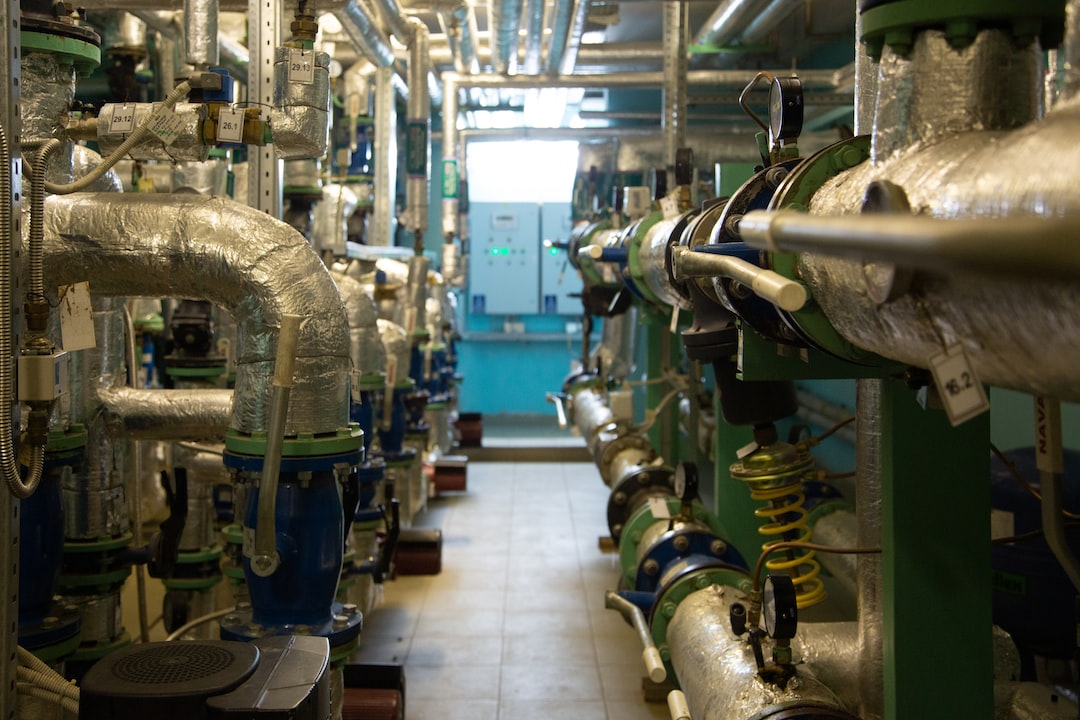The Importance of Employee Training and Development in the Manufacturing Sector
In an increasingly competitive global marketplace, manufacturing companies face numerous challenges to stay ahead of the curve. One of the most crucial factors that determine success is the competency and expertise of the workforce. This is where employee training and development play a pivotal role in the manufacturing sector. In this blog post, we will explore the significance of investing in employee training programs and how they contribute to the growth and prosperity of manufacturing companies.
Enhancing Efficiency and Productivity
Manufacturing processes are constantly evolving, with new technologies and methodologies being introduced regularly. To stay competitive, manufacturers must equip their employees with the necessary skills and knowledge to operate these advanced systems efficiently. By investing in technical training and development programs, manufacturing companies can enhance employee competency and boost productivity.
For instance, training programs focused on equipment operation and maintenance can significantly reduce machine downtime. Skilled employees can diagnose and rectify minor glitches, ensuring seamless production flow and minimizing costly breakdowns. The outcome is a more efficient manufacturing operation, leading to higher productivity levels.
Improved Quality Control and Reduced Error Rates
Quality control is of utmost importance in the manufacturing sector. Even a slight defect can result in significant losses for the company, including reworking costs, customer complaints, and damage to brand reputation. By investing in employee training programs, manufacturers can improve quality control measures and reduce error rates.
Training programs that focus on processes, procedures, and quality control techniques can equip employees with the necessary skills to identify and rectify potential errors before they occur. This proactive approach minimizes the risk of defective products reaching the market, ultimately saving the company from financial losses and reputation damage.
Adopting Industry Best Practices
Training and development programs in the manufacturing sector not only focus on technical skills but also cover industry best practices and methodologies. By exposing employees to the latest trends and advancements in the industry, manufacturers can ensure that their workforce stays up to date with the latest standards.
Employees who are trained in industry best practices contribute to the overall growth of the organization. They bring fresh ideas and innovative solutions to the table, helping the company improve its operations and remain competitive in the market. Furthermore, prioritizing employee development and exposing them to industry trends also instills a culture of continuous improvement within the organization, leading to enhanced overall performance.
Enhancing Employee Morale and Retention
Employee training and development programs play a significant role in boosting employee morale and job satisfaction in the manufacturing sector. When employees receive adequate training and development opportunities, they feel valued, recognized, and motivated to perform better.
By investing in their employees’ growth, manufacturing companies can build a loyal and committed workforce. This, in turn, reduces employee turnover rates, saving costs associated with hiring and onboarding new employees. Additionally, organizations with a reputation for providing growth opportunities attract top talent, giving them a competitive edge in the talent market.
Meeting Regulatory and Compliance Requirements
The manufacturing sector is often heavily regulated to ensure public safety and environmental protection. Failure to comply with these regulations can result in severe penalties, legal consequences, and damage to the company’s reputation. Employee training and development programs can help manufacturers meet these regulatory and compliance requirements more effectively.
Training programs tailored to focus on regulatory guidelines and safety protocols help employees understand their responsibilities and the consequences of non-compliance. Well-trained employees are equipped to follow these guidelines diligently, reducing the risk of accidents, environmental harm, and legal issues. As a result, manufacturing companies can maintain a positive reputation and avoid costly penalties, contributing to their long-term success.
Conclusion
In conclusion, employee training and development programs play a vital role in the success of manufacturing companies. By investing in technical skills, industry best practices, and compliance training, manufacturers can enhance efficiency, improve quality control, and reduce error rates. Additionally, these programs boost employee morale, leading to higher employee retention rates, cost savings, and competitive advantages. Ultimately, those manufacturing companies that prioritize employee training and development will position themselves at the forefront of their industry, driving growth and prosperity in the long run.

